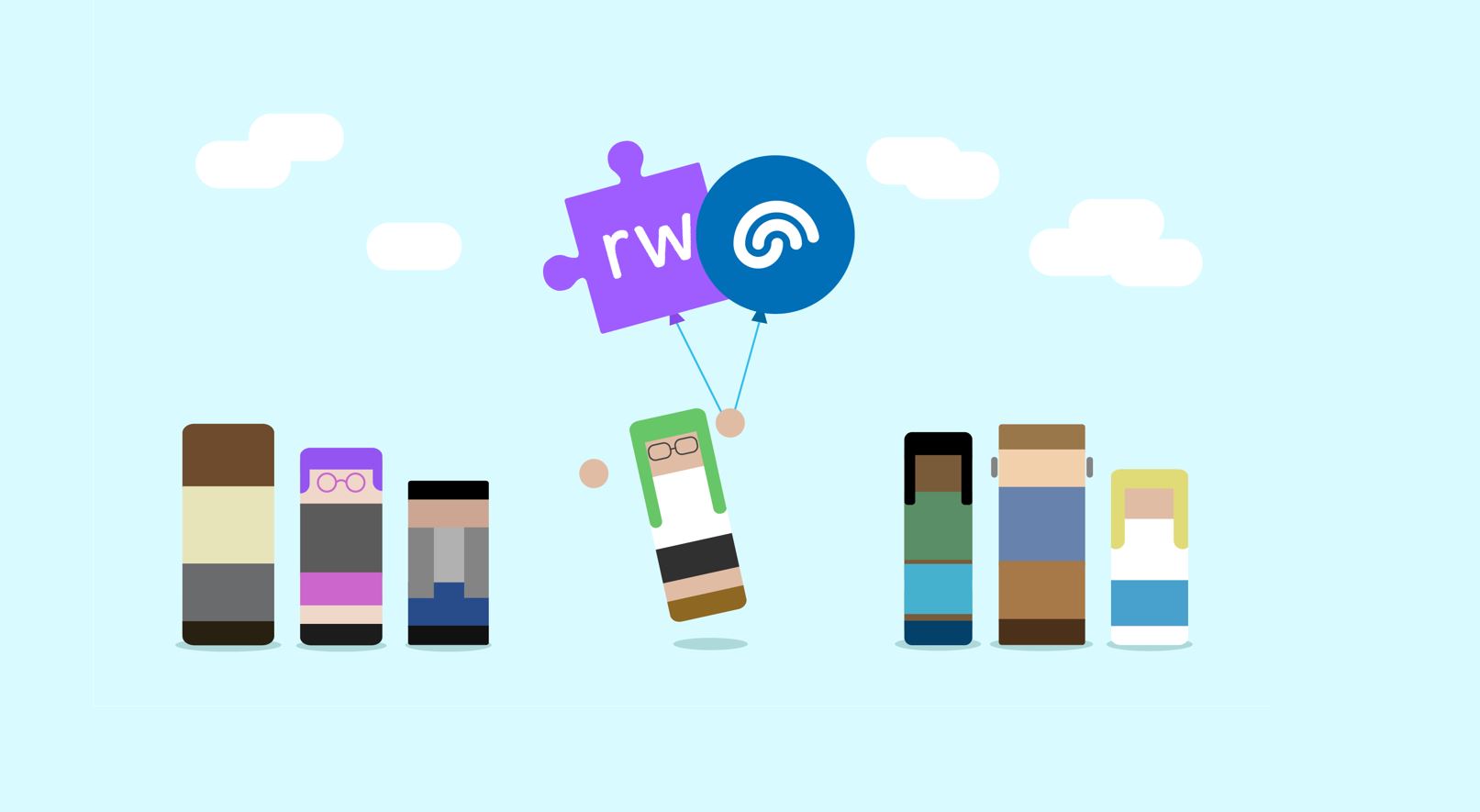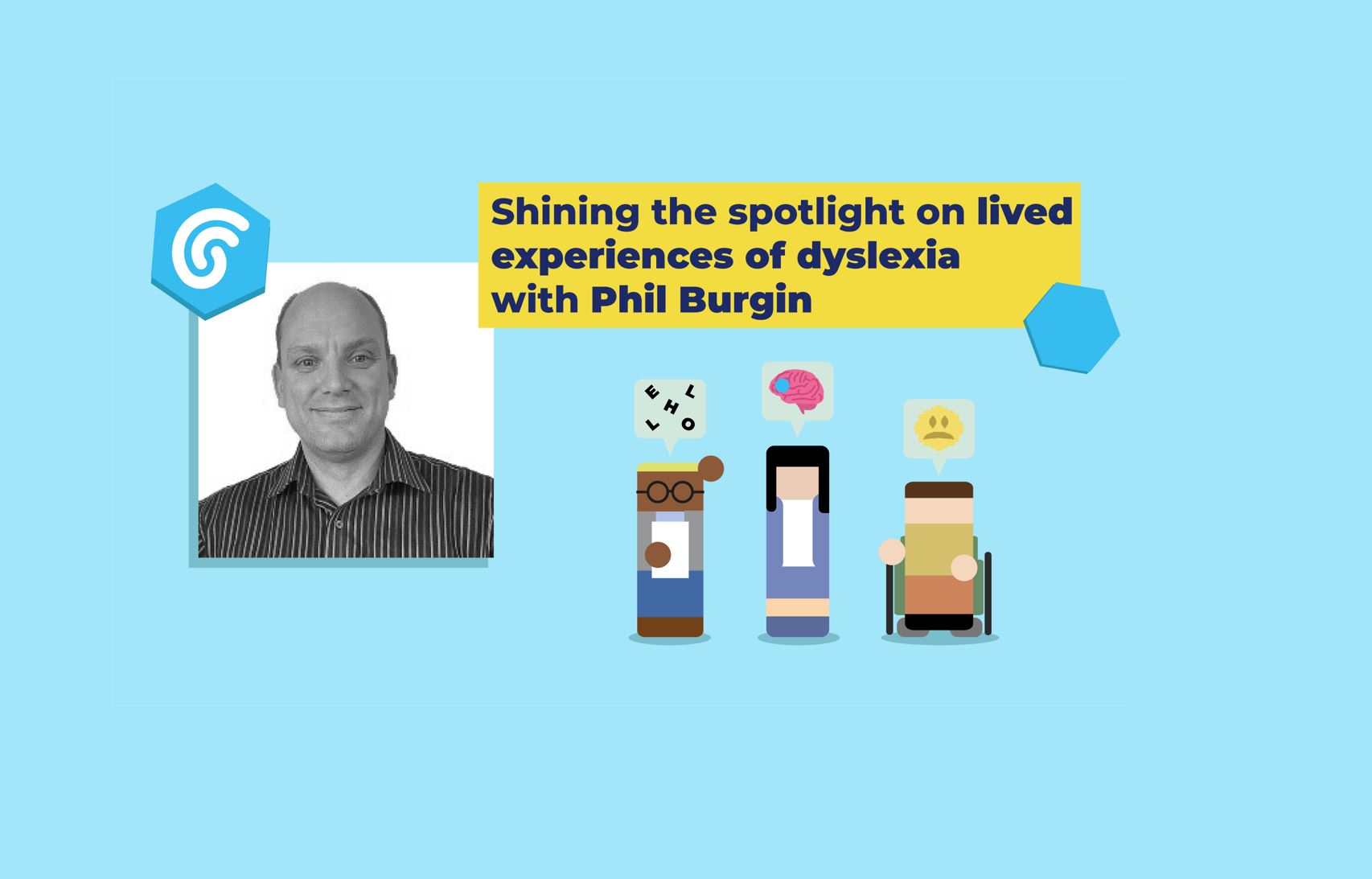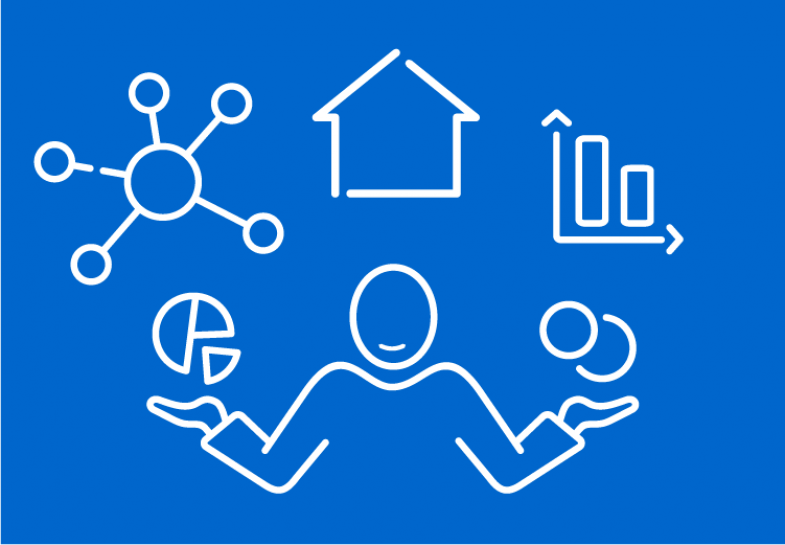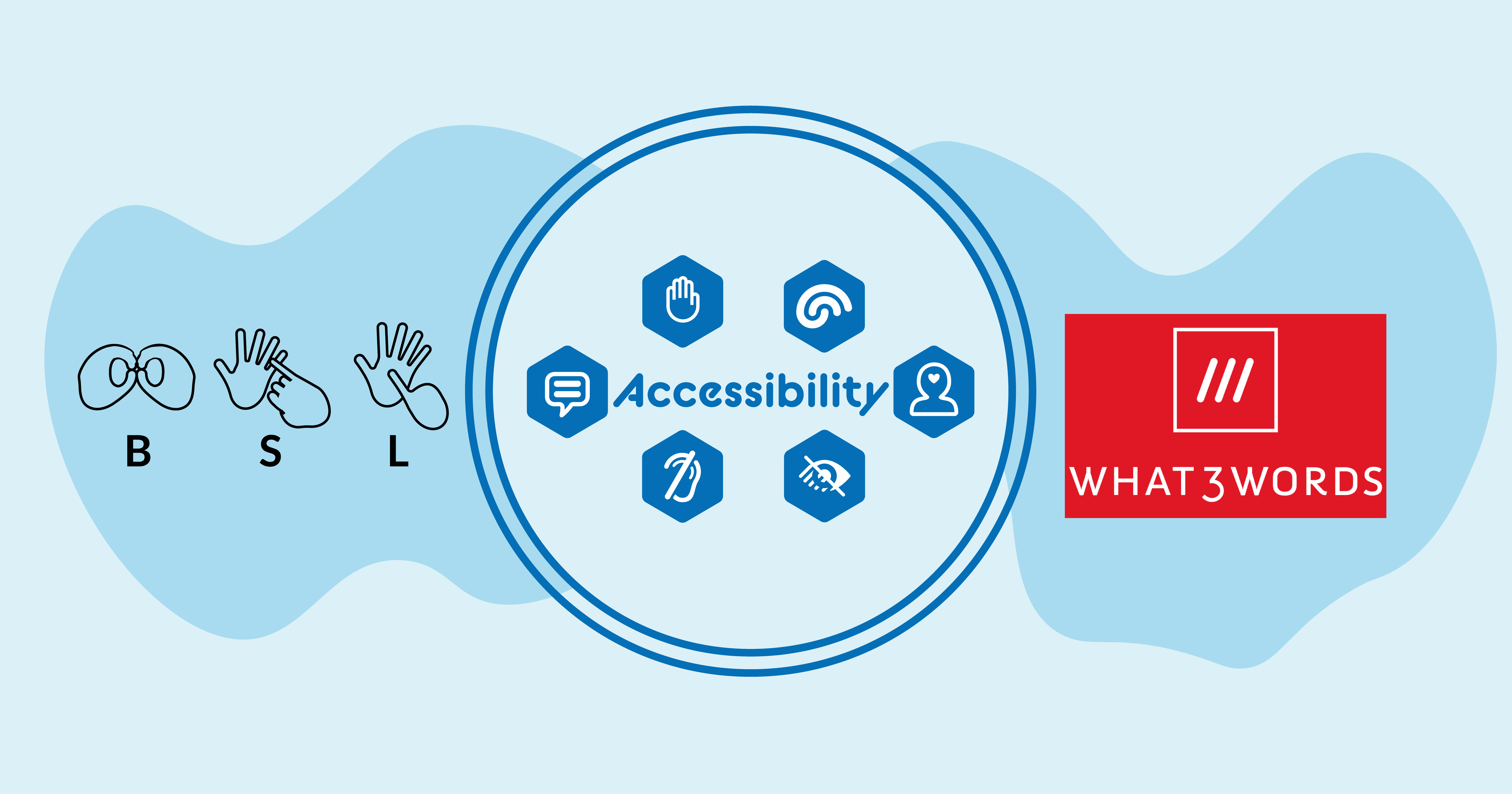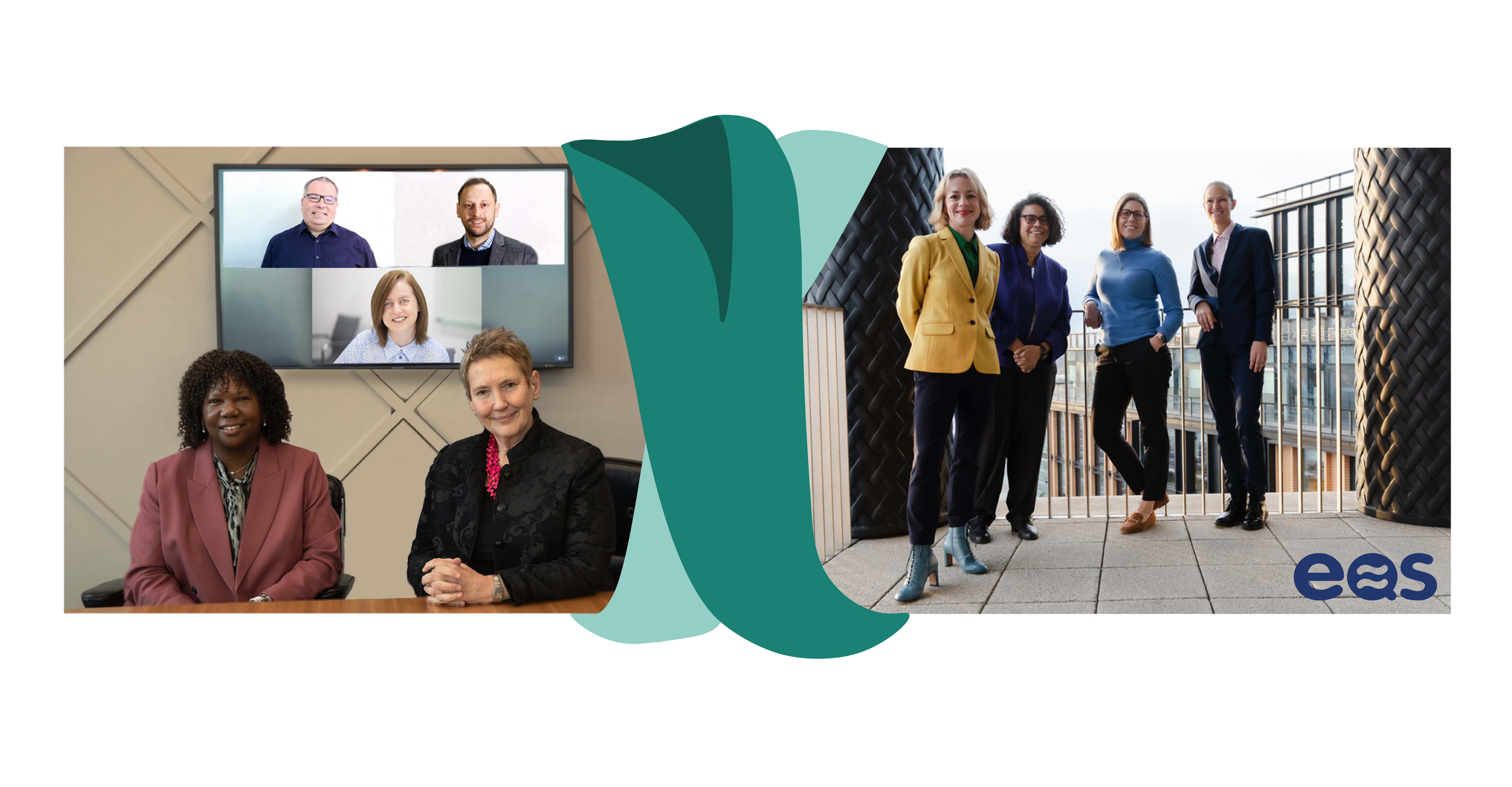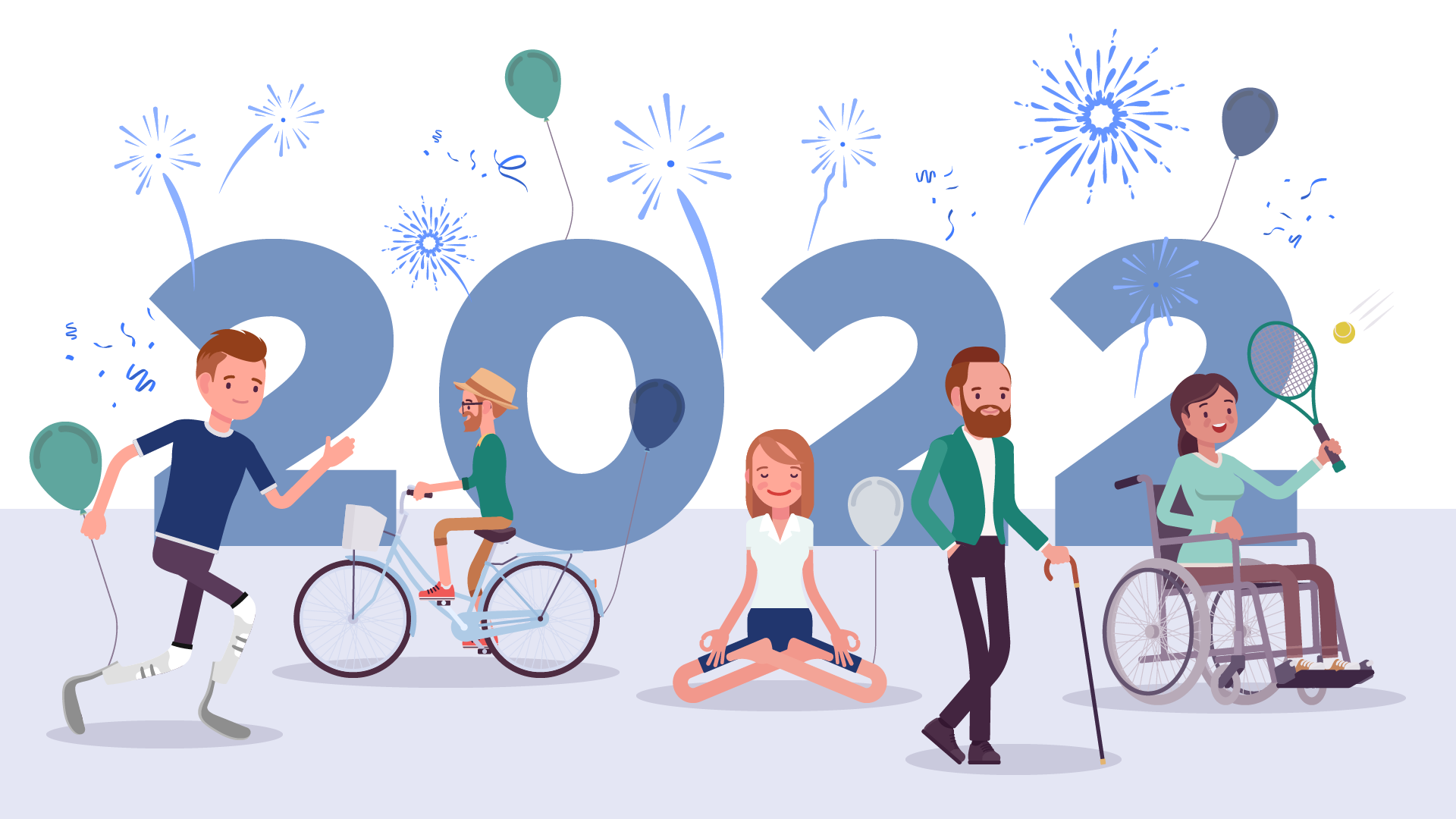Three initiatives creating positive visibility of autism in society
Great minds think alike. It’s a funny saying isn’t it and, in my opinion, not true. The proverb is over 400 years old so obviously the world has changed a lot since then, including our understanding of the mind and how unique it truly is from person to person. Neurodiversity, such as autism, can affect the way people think, communicate and interact with the world. We know you don’t have to think the same as someone else to succeed, in fact, having a unique outlook can often put you at an advantage.
I mentioned in last month’s blog the benefit of national awareness campaigns and how they can get people talking about a particular topic and from 29th March to 4th April World Autism Week takes place. A report by Britain’s National Autistic Society (NAS) found that only 16 percent of autistic adults were in full-time work in 2016 and over a third of autistic adults have reported serious mental health problems. This got me thinking, aside from the national awareness campaigns, what else is being done to put autistic people front and centre in the world of work and society as a whole and affect positive change to the NAS stats?
Creating an awareness of autism from an early age
Looking back at the TV and films I watched as a child I can’t think of one example of a character that had a disability or learning difficulty. Thankfully, that has changed and children’s TV and film today is more inclusive. This helps educate the audience that everyone is different and enables children with disabilities or learning difficulties to identify with characters they see on screen.
Loop is a short film by Disney Pixar and is available on Disney+. The film follows two youngsters on a canoe trip. Marcus is neurotypical and Renee is on the autism spectrum. The film follows them as they learn to see the world from each other’s viewpoints. The character of Renee is voiced by an autistic actress, which gives the character an authentic autistic voice and speech pattern. The film gives you a view into Renee’s world by literally letting you see the world through her eyes during various points of the trip.
Through researching Loop, I learnt about the Sesame Street character Julia. Julia is an autistic character who has featured on the show since 2017. Her first episode was aired in April, during World Autism Awareness Month, launching in Spanish and English-speaking countries before being rolled out to more of Sesame Street’s 150 televised countries. In Julia’s first episode her autism is celebrated rather than seen as something that can prevent her from succeeding. Julia’s autism sees her flapping her hands when she gets excited and needing to take a break from playing and do some breathing exercises when some passing sirens become too much for her sensitive hearing. This is all explained and understood by the characters. Julia soon became a fan favourite and has been in Sesame Street ever since. Talking about Julia, Rose Jochum of the Autism Society of America said: “for all the little kids who have autism, it’s validating to see characters like themselves on television, instead of feeling invisible.”
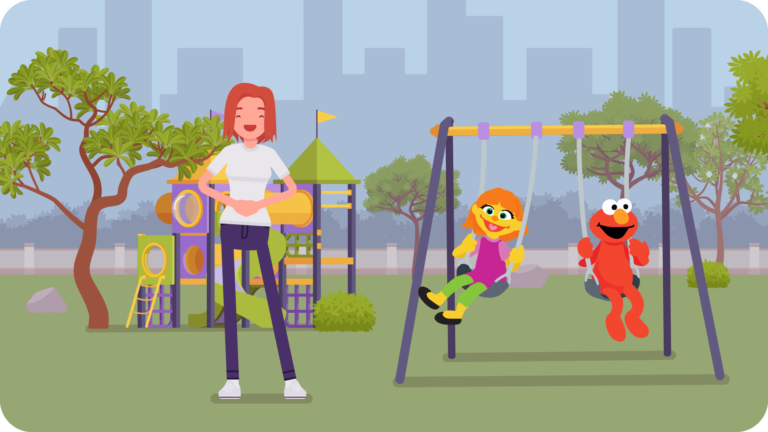
You’re hired! Helping autistic people gain employment
Recent research has found that autistic graduates are the least likely of all disabled students to find employment. Only 33% of autistic graduates are in full-time work. In 2018 the Westminster AchieveAbility Commission conducted a survey of 600 neurodivergent people in the UK which found 52 per cent had faced discrimination during recruitment processes. So why not, during the recruitment process, email questions to neurodiverse candidates in advance or arrange interviews so the candidate doesn’t have to travel during busy rush hours? UK charity, Ambitious about Autism, has teamed up with Santander Universities UK to create the Higher Education Network – an employment programme specifically for autistic students and graduates. The programme helps autistic students and graduates access paid internships and tailored careers support and advice. There are 17 universities signed up to the programme covering all corners of the UK from Bangor University to Kingston University London to Northumbria University Newcastle. Ambitious about Autism trains careers staff at these universities so they can fully support autistic students.
As part of the programme autistic students and graduates at the universities can take part in a six-week internship. The aim of these six-week internships is to encourage students to prepare, apply, successfully complete and reflect on their work experience while at the same time effectively educating businesses and organisations on the benefits neurodiversity can bring to their workforce. These internships are due to start in June this year. Click here to find out more about the internships and how businesses and organisations can get involved.
#OurVoiceOurRights
ENABLE Scotland, National Autistic Society Scotland and Scottish Autism are working on a campaign called #OurVoiceOurRights, which aims to make Scotland the best country in the world for autistic people and people with a learning disability. The three organisations are campaigning for all major political parties in Scotland to commit to a Commissioner for autistic people and people with a learning disability.
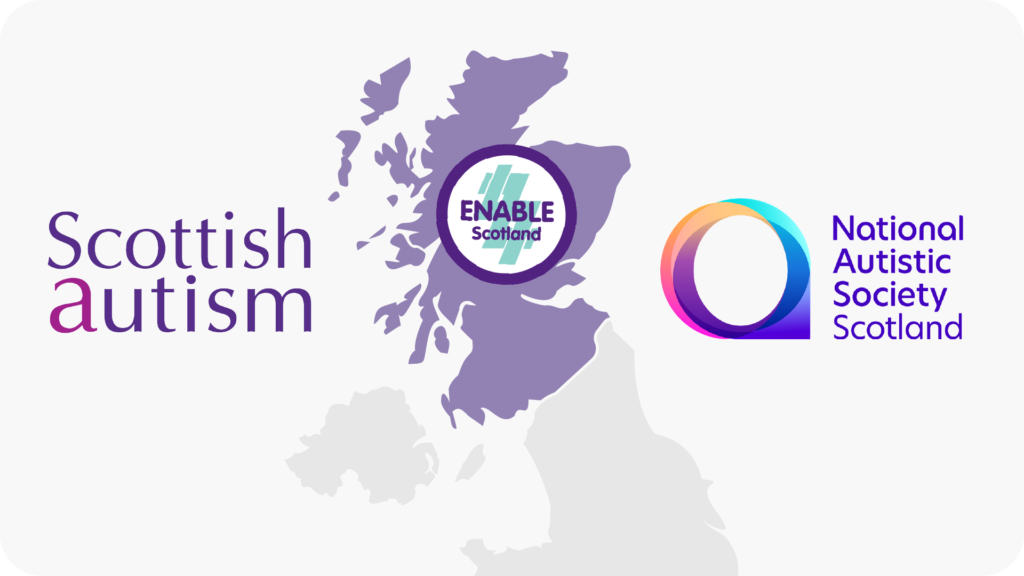
The Commissioner would be an active voice for the 120,000 people with a learning disability and the 56,000 autistic people who live in Scotland. By having the Commissioner in place, autistic people and people with a learning disability would be more likely to gain better access to additional support in education and employment. Hopefully, a Commissioner is appointed not just in Scotland but in the whole of the UK, if not the world. How great would it be if all countries aspired to be the best residence for autistic people and people with a learning disability?
Click here to find out more about #OurVoiceOurRights
Over to you
These are just some of the ways greater visibility is being created for autism. I’d love to hear of any others you know of. Let me know in the comments. It doesn’t have to be a big movement or campaign, there are simple measures that can be put in place.
At Learning Labs we have developed our own Disability Confidence Course which aims to provide a clear understanding and awareness of disability. Get in touch if you would like to talk more about our Disability Confidence Course and the possibility of offering it to your workplace.
Our brain is as unique as our fingerprint so it makes sense that we don’t all think alike. We all think differently and bring something unique to the table. It’s initiatives like the ones above that help highlight this and educate that this is OK. As Big bird said when he made friends with Julia “All of my friends are different. Each one is unique.”
Other blog articles



